Chemists from the University of Bonn and the USA use inexpensive and non-hazardous titanium to replace expensive and toxic catalysts.



Chemists from the University of Bonn and the USA use inexpensive and non-hazardous titanium to replace expensive and toxic catalysts.

This year, April 22, 2020 marks the 50th anniversary of Earth Day, a grassroots idea from the 1970s that became a global movement.
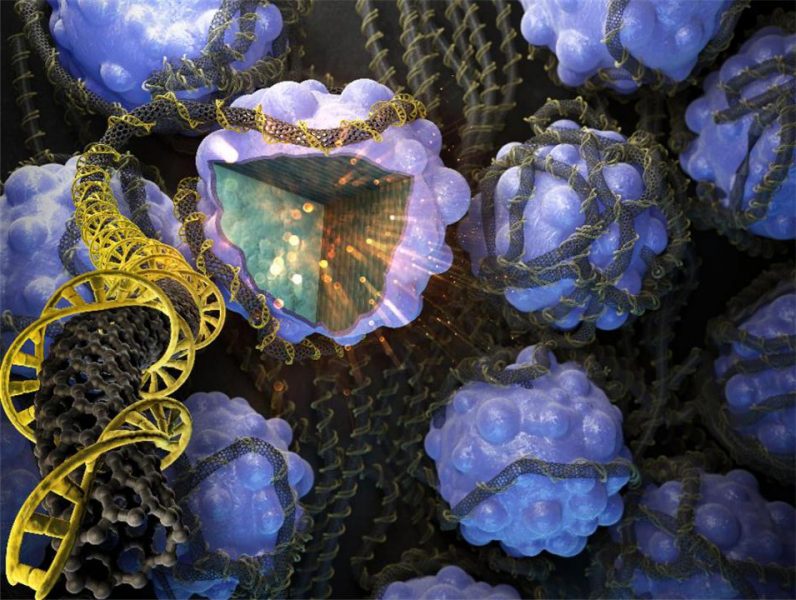
A Korean research team has succeeded in developing next-generation high-capacity cathode material for lithium-ion batteries using DNA from salmon and carbon nanotubes.
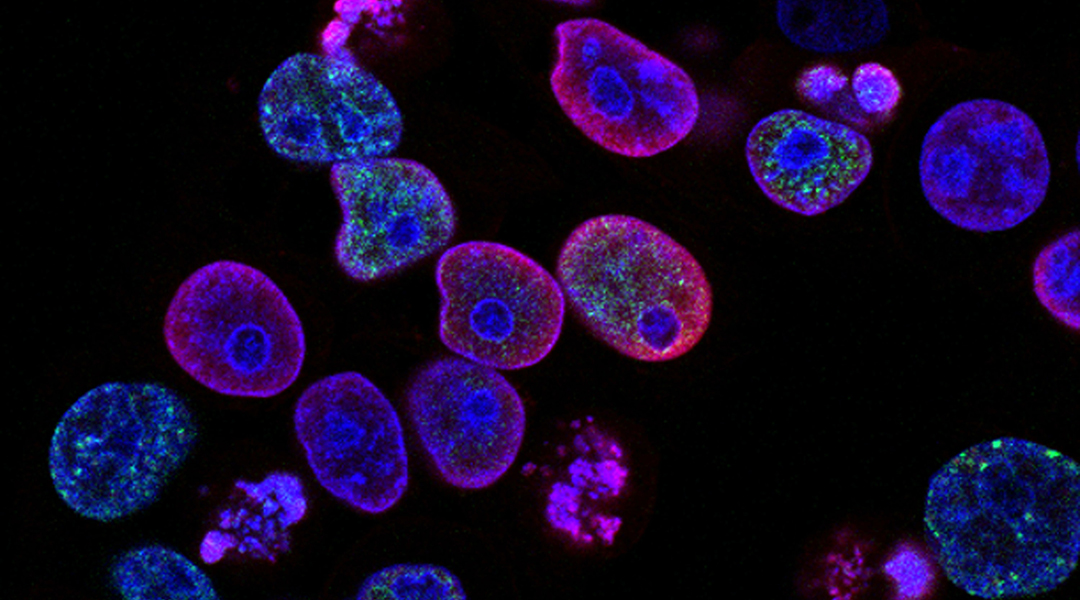
Researchers at the University of Munich have demonstrated a conceptually novel nanocarrier strategy in which the nanoparticles are both the cargo and the carrier.
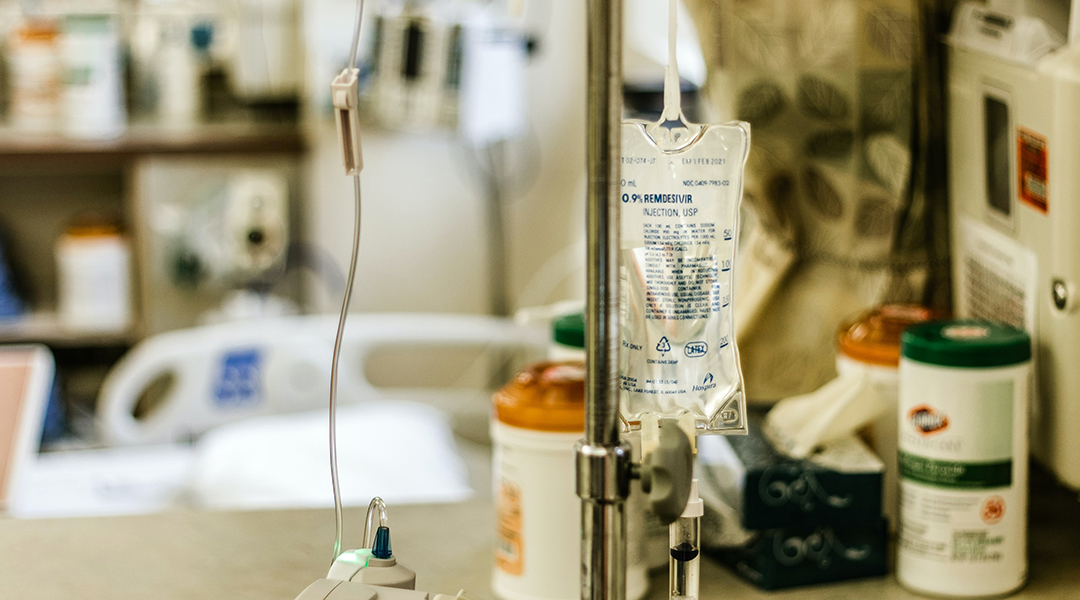
Remdesivir, an anti-viral agent known to be effective against MERS, is already in human trials as researchers search for a treatment for COVID-19.
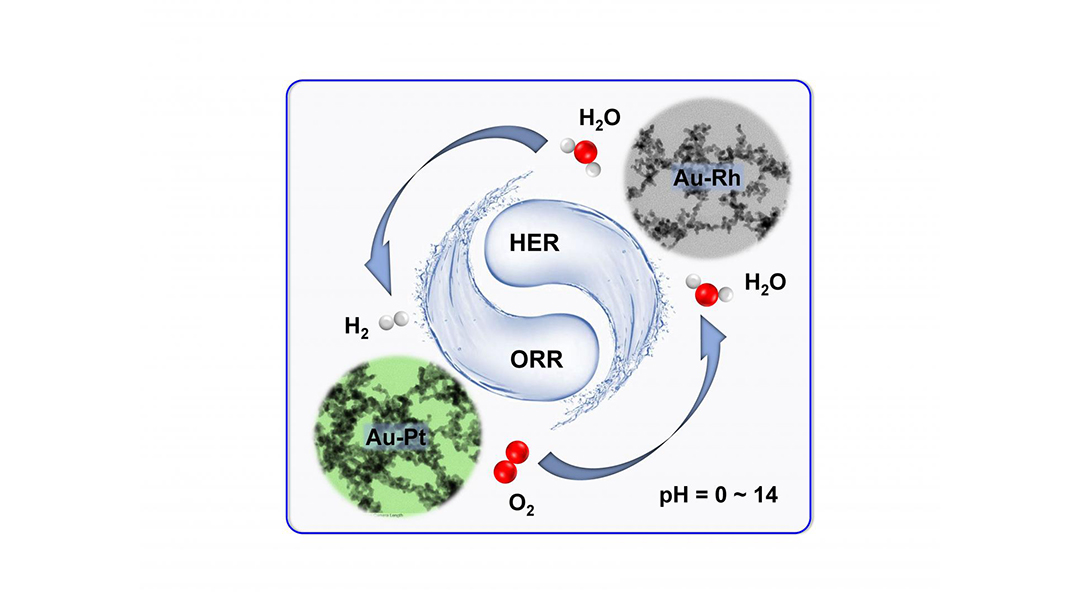
A new salting-agent facilitates the synthesis of new nobel metal aerogels for enhanced electrocatalysts.
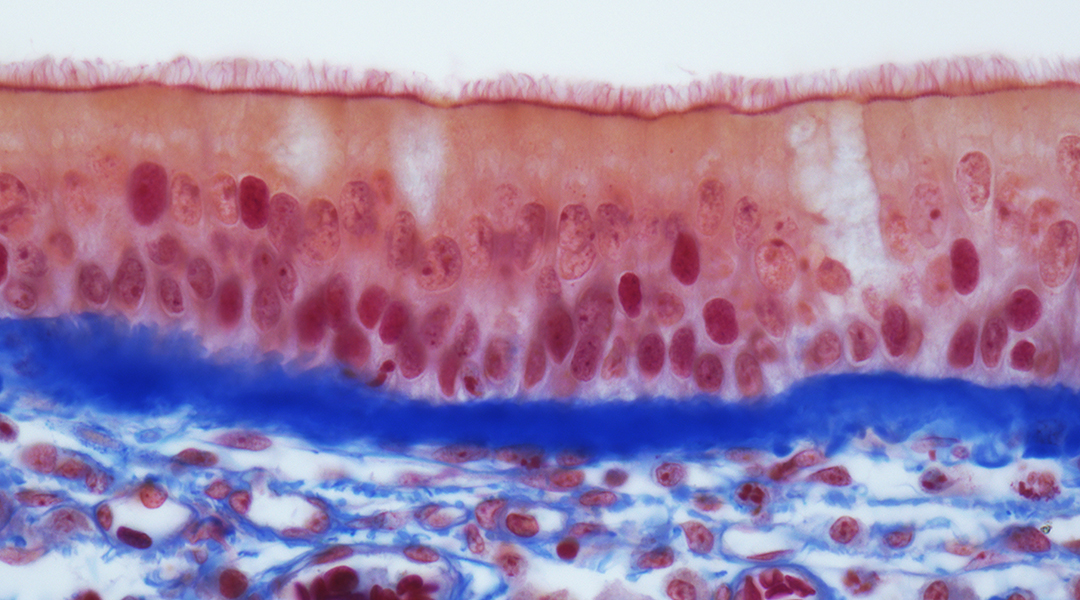
A collaborative team of German scientists identify which lung cells are susceptible to SARS-CoV-2 and why infection severity varies in different demographics.
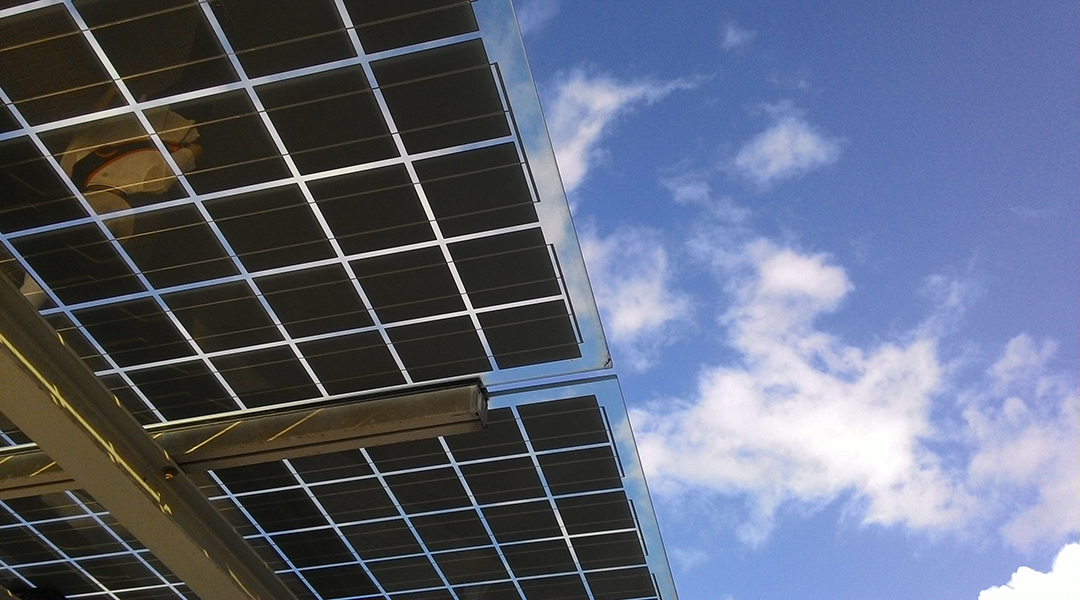
University of Groningen scientists have now “watched” how thin films of tin-based perovskite crystals grow to create more efficient and stable tin-based perovskite solar panels.
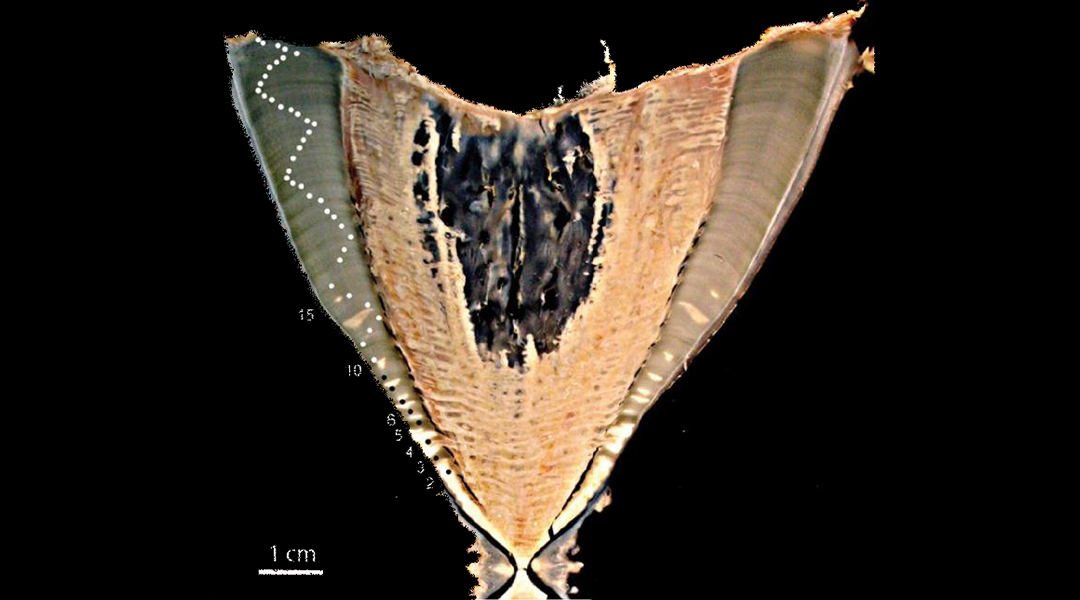
The radioactive legacy of the arms race solves a mystery about the world’s largest fish.
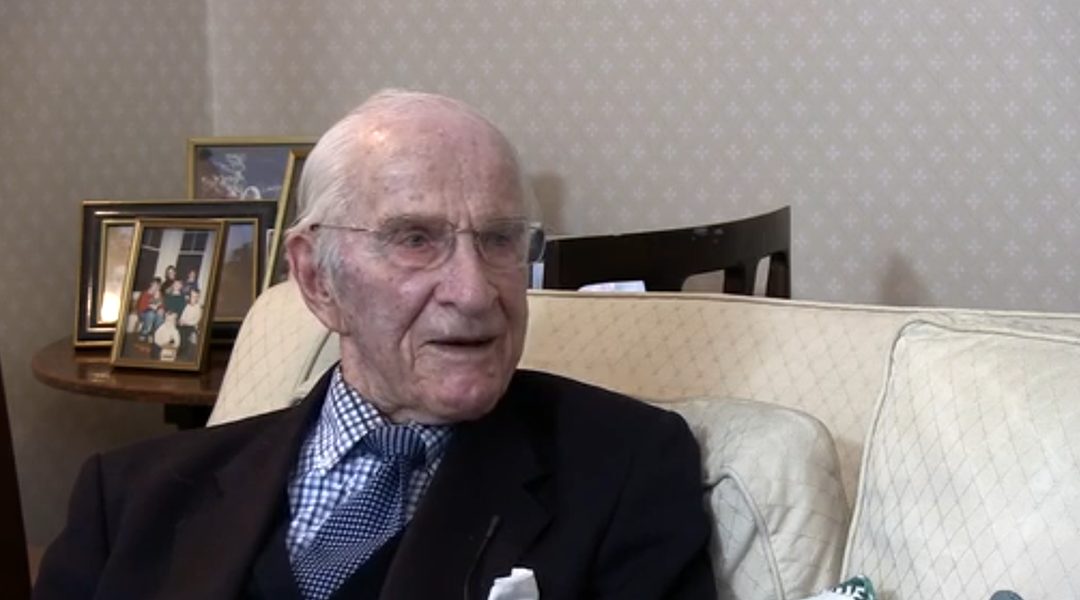
Advanced Science News takes a look at the life of Dr. Bill Frankland, pioneer in allergy medicine and inventor of the pollen count, who passed away on April 2, 2020.